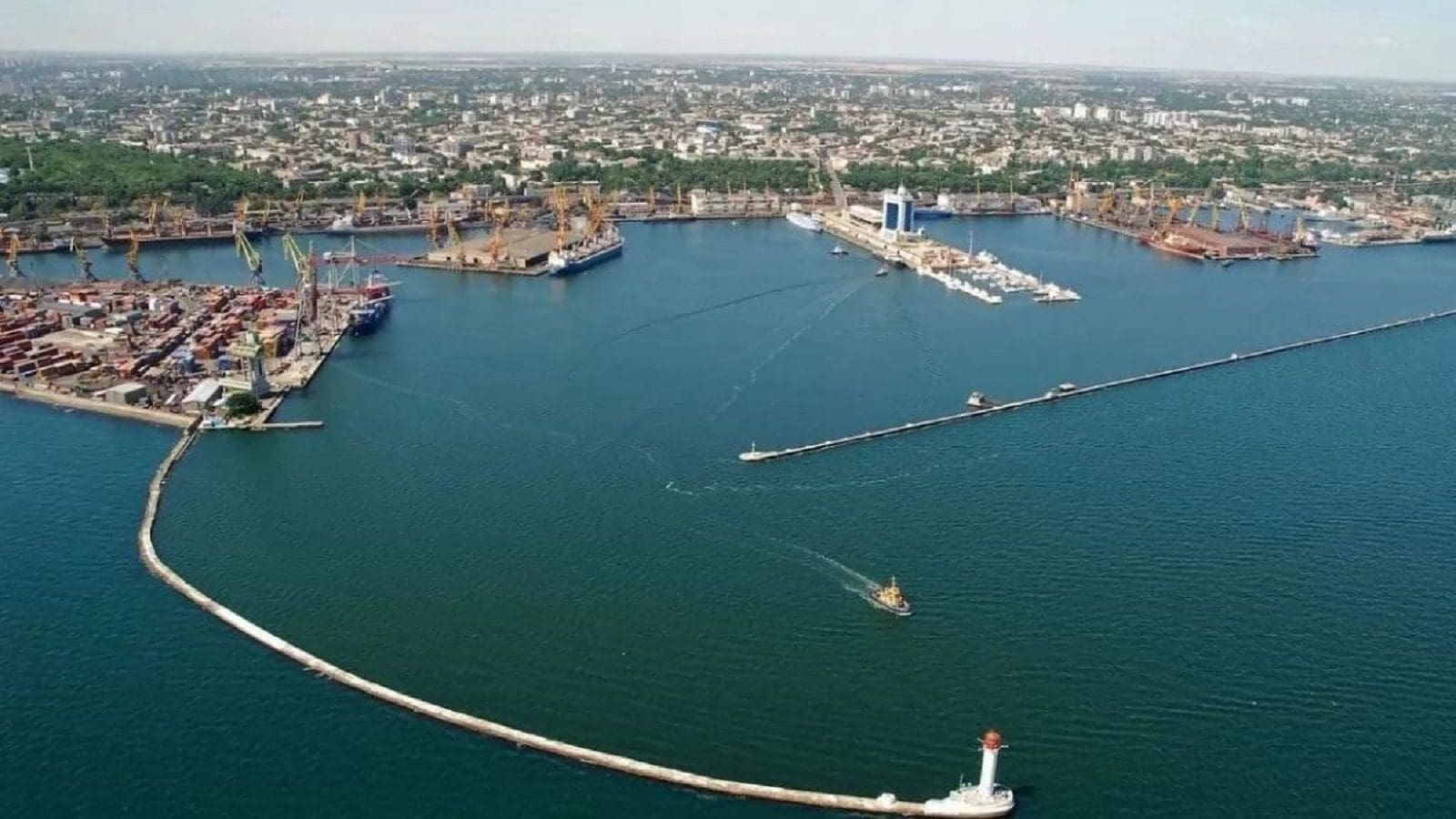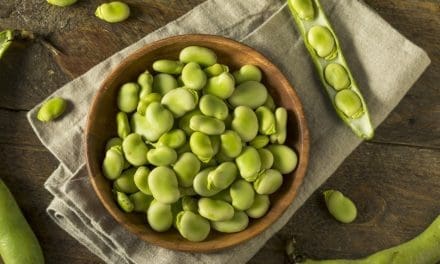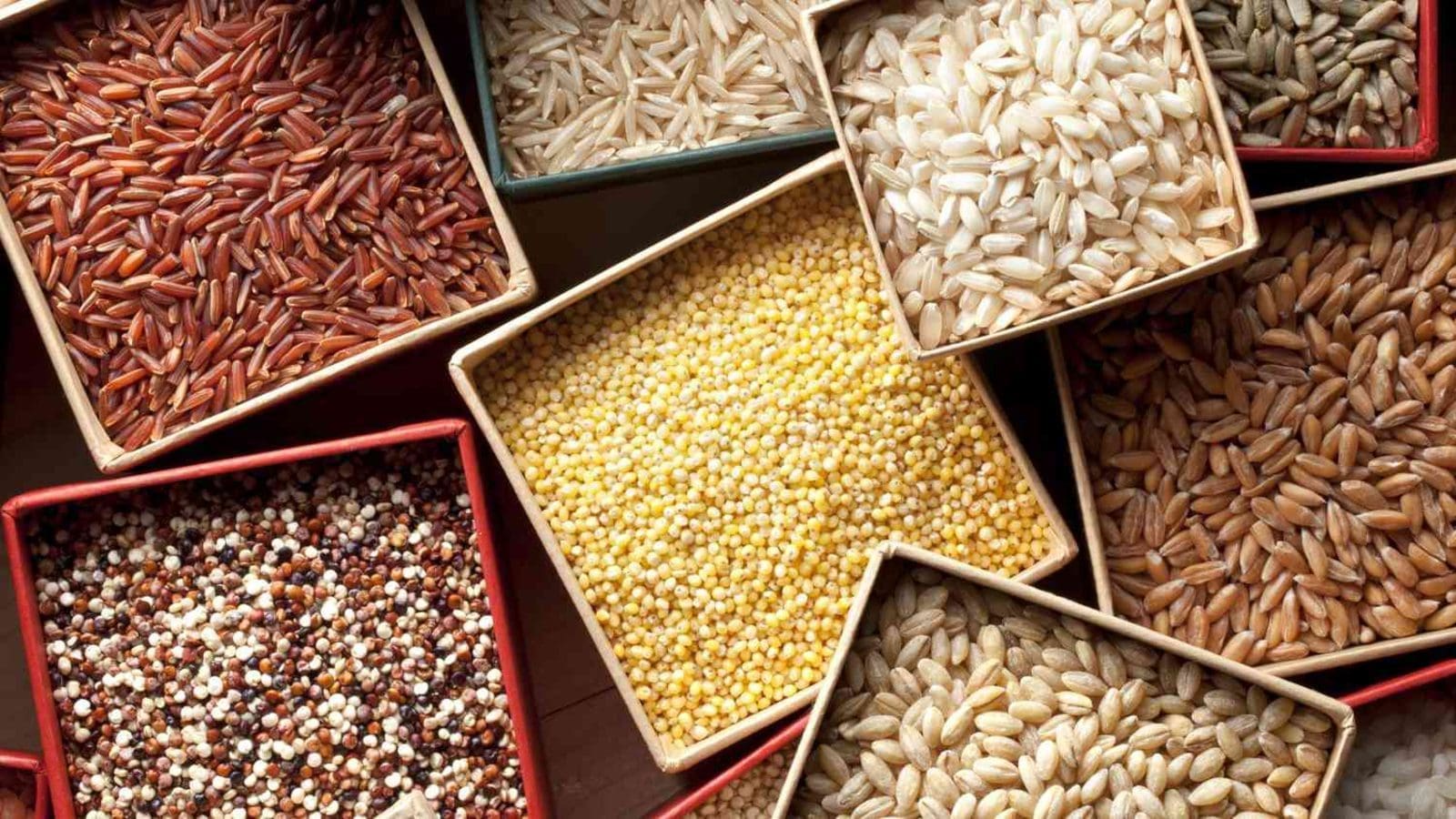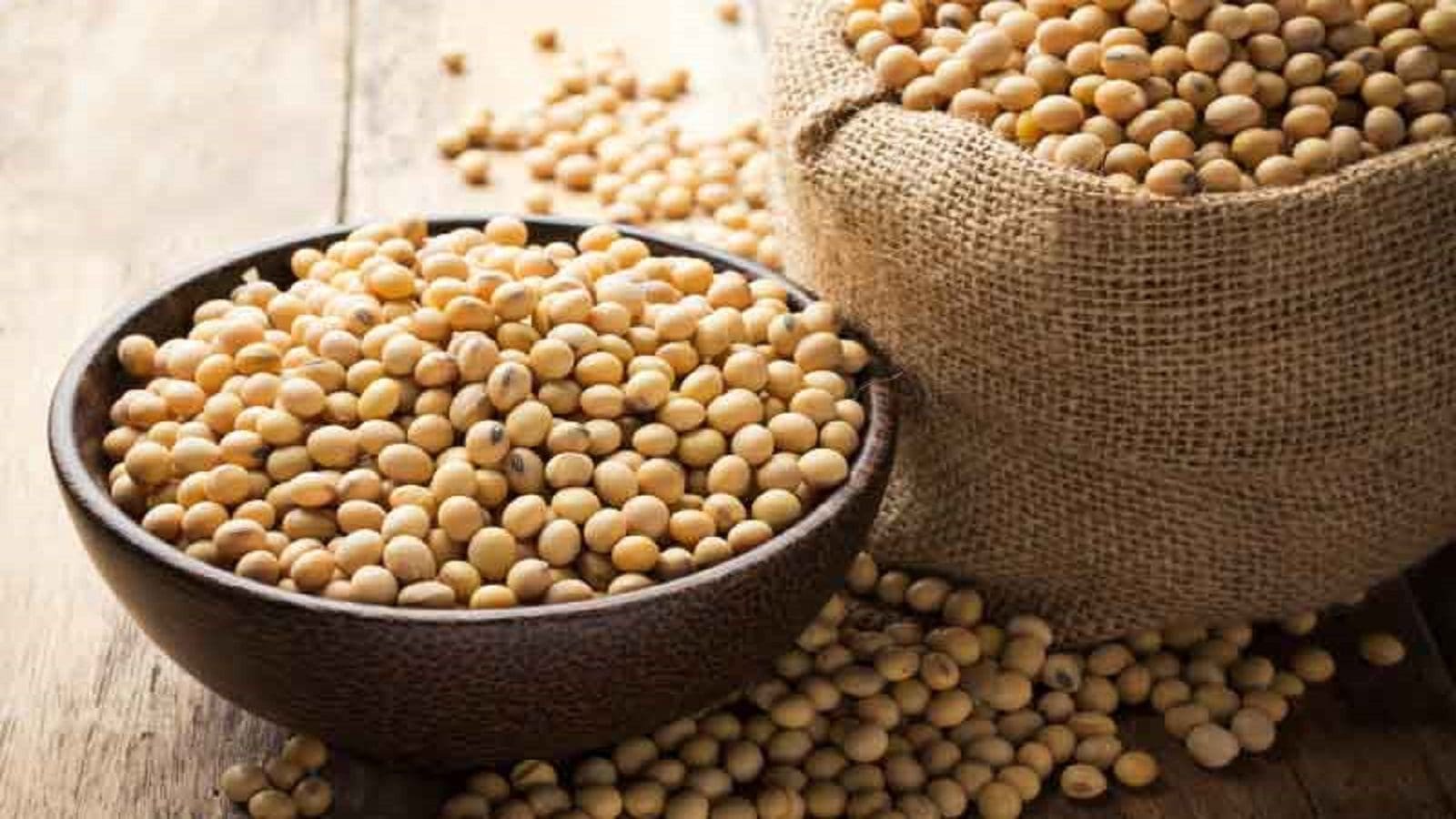UKRAINE- Ukrainian officials say that Russia continues to block the recently renewed Black Sea Grain Initiative by halting the registration of ships to all Ukrainian ports, according to a Reuters report.
According to the UN, only 33 ships departed from Ukrainian ports in May, half the number compared to April.
Moreover, the average daily inspection rate for ships had fallen to three, with exports reaching 1.3 million tonnes of grains and other foodstuffs in May, less than half of the previous month.
Kyiv said 50 vessels were waiting for inspection in Turkish waters, ready to deliver 2.4 million tonnes of Ukrainian food abroad.
Russia has always insisted that it will halt the deal unless a separate agreement to overcome obstacles to exports of its grain and fertilizer is fulfilled.
Russia told United Nations officials that it would limit registration to the port of Pivdennyi in Ukraine’s Odesa province as long as ammonia is not exported.
Ammonia is a key ingredient for fertilizer, and according to a report by the Associated Press, Moscow wants Ukraine to open a pipeline from the Russian city of Togliatti to the Ukrainian port of Odesa that it used before the war to ship ammonia to its global customers.
“The UN Secretariat has put forward practical suggestions to all parties at the strategic and operational level, keeping in mind the global benefits of the Initiative,” said Stéphane Dujarric, spokesman for UN Secretary-General António Guterres.
“We will continue our intense engagement with the parties towards the full resumption of operations and continuation of the Initiative,” Dujarric added.
Hungary pushes for continued imports ban
Meanwhile, Hungary is seeking a continuation of import curbs on Ukrainian grain and oilseeds to five eastern European Union (EU) countries until at least the end of 2023, as stipulated by Hungary’s state secretary of agriculture following a meeting of EU farm ministers in Brussels, Belgium.
On May 2, the EU imposed restrictions on imports of Ukrainian wheat, maize, rapeseed, and sunflower seed to ease the excess supply of grains in Bulgaria, Hungary, Poland, Romania, and Slovakia until June 5 after those countries had complained cheaper Ukrainian grain was making domestic production unprofitable.
The European Commission, the executive arm of the EU, said that during that period, Ukraine could sell its grain to any other country in the 27-nation bloc.
The Commission also said it could extend the grain import restrictions beyond June 5 if exceptional conditions continue, a promise that Hungary now plans to cash in on.
The Ministry of Agriculture State Secretary Zsolt Feldman said Hungary also asked for financial support from the EU for local farmers to help with the safe transportation and sale of grain stocks stuck in domestic storage ahead of this year’s harvest.
For all the latest grains industry news from Africa, the Middle East and the World, subscribe to our weekly NEWSLETTERS, follow us on LinkedIn and subscribe to our YouTube channel










